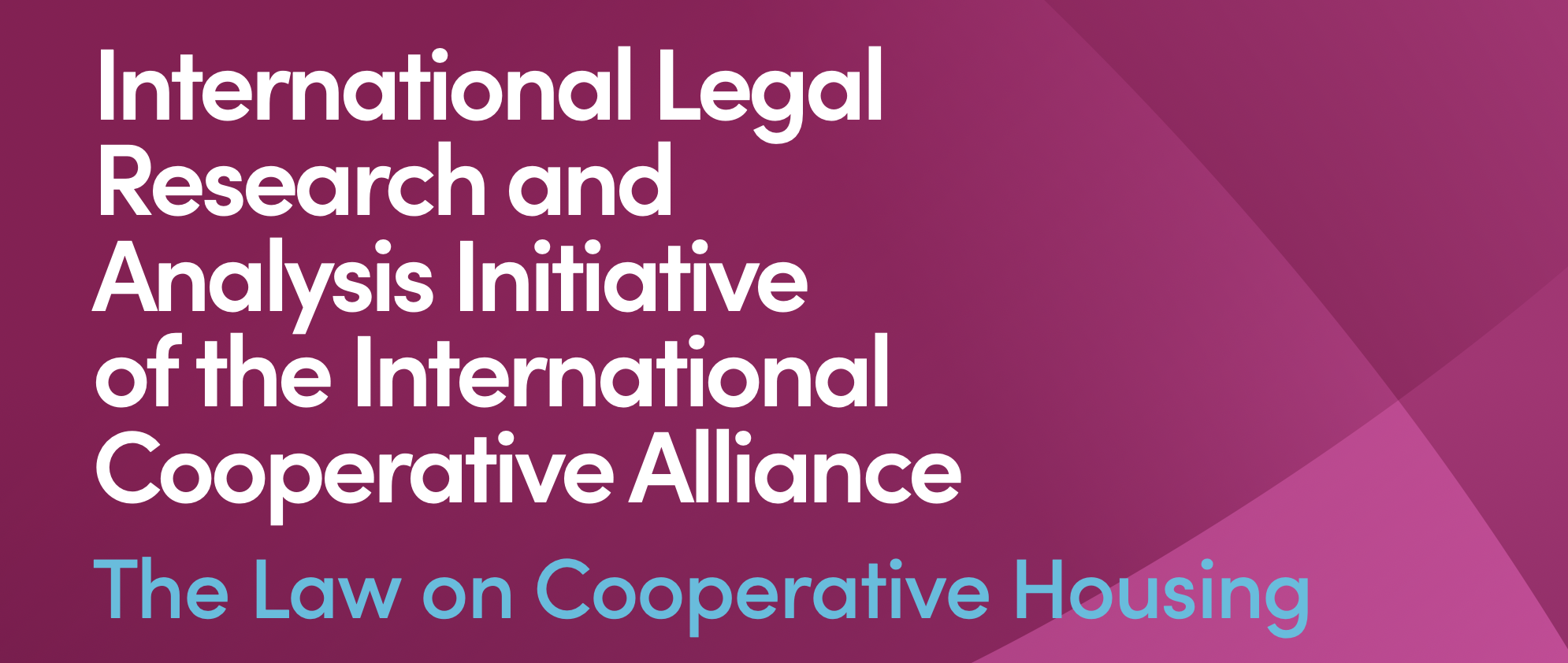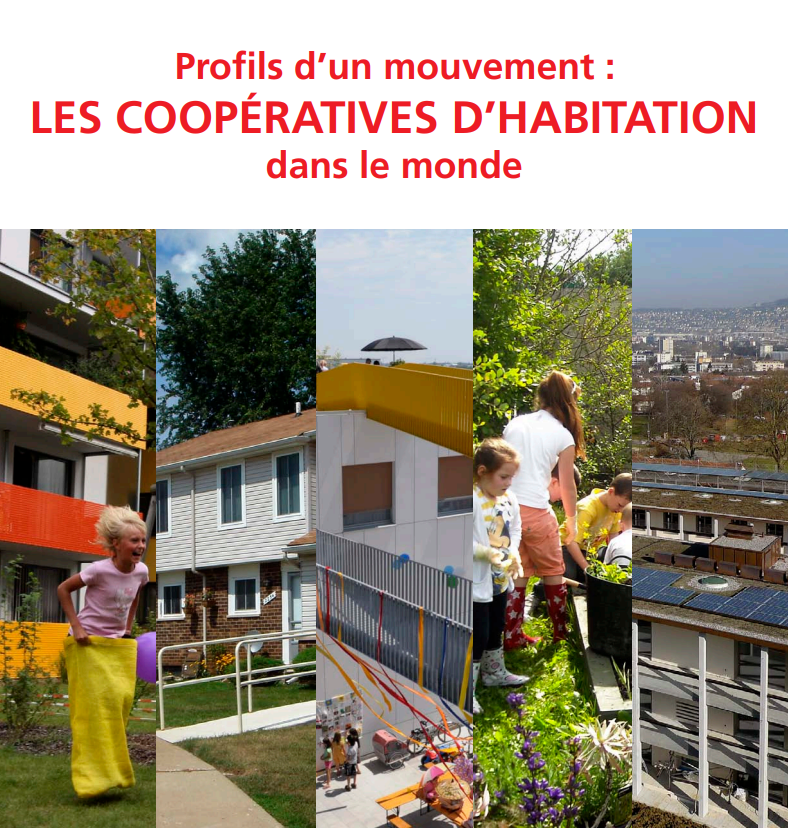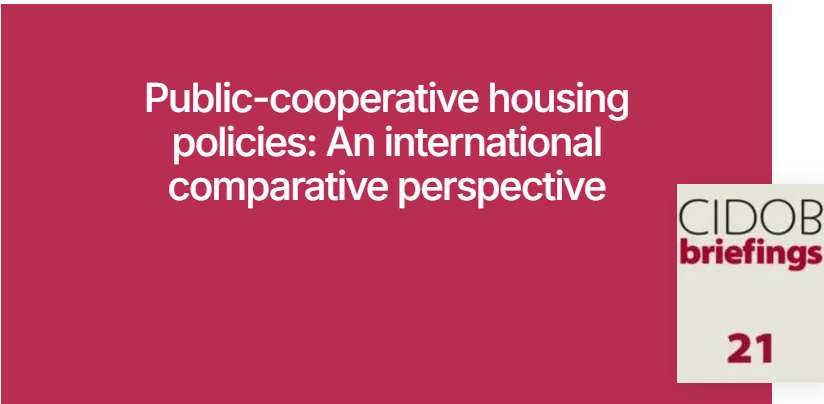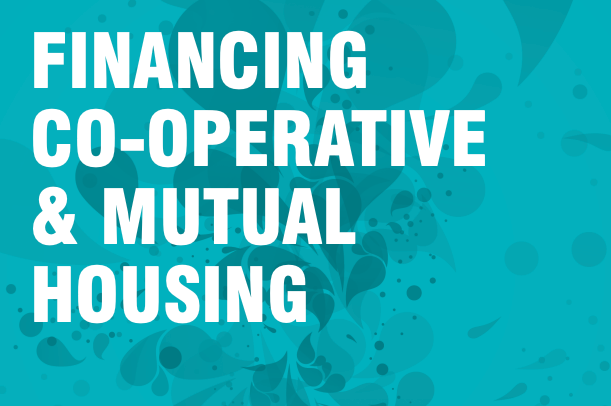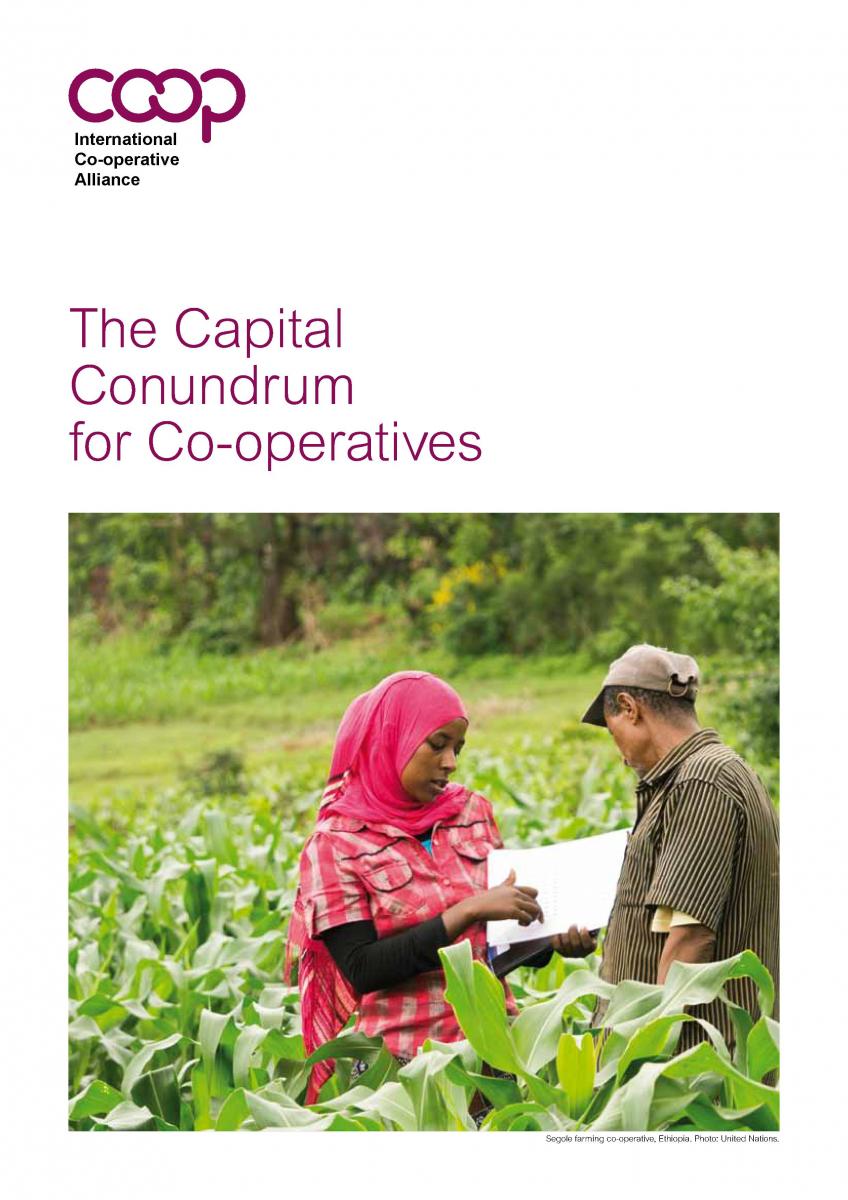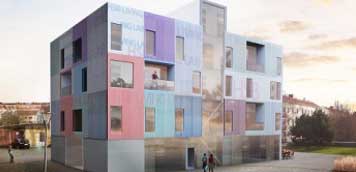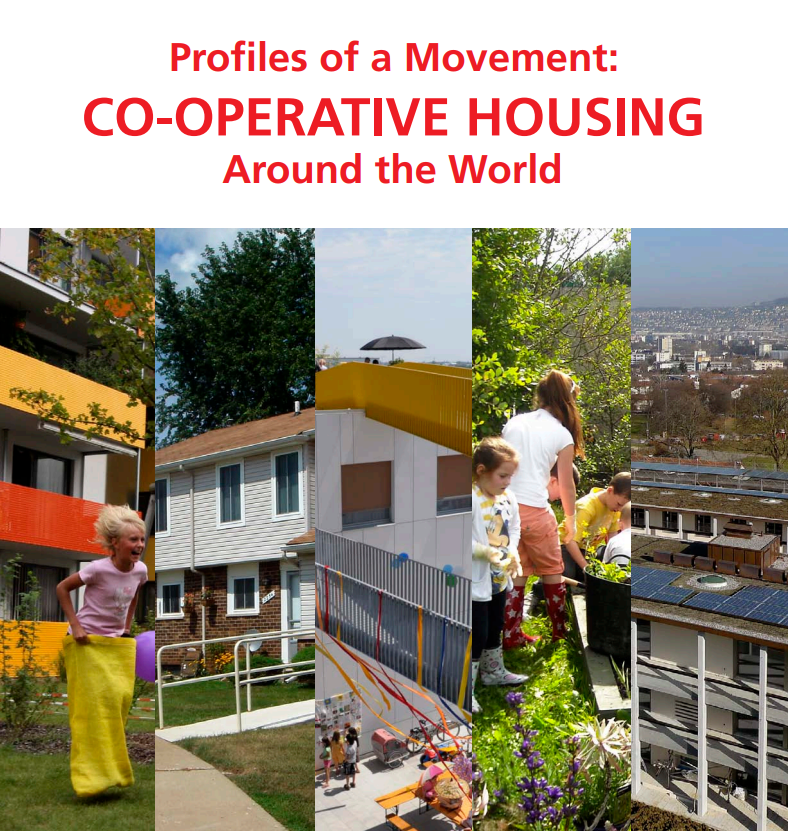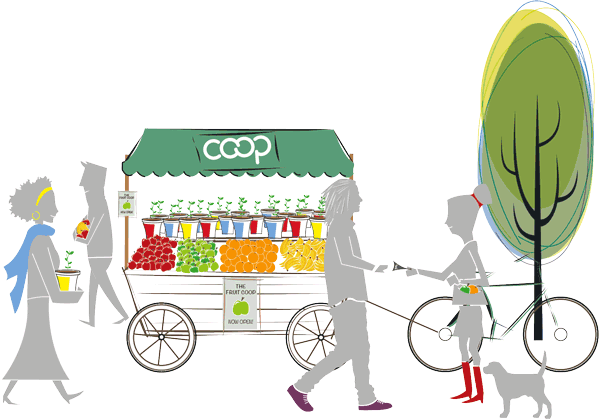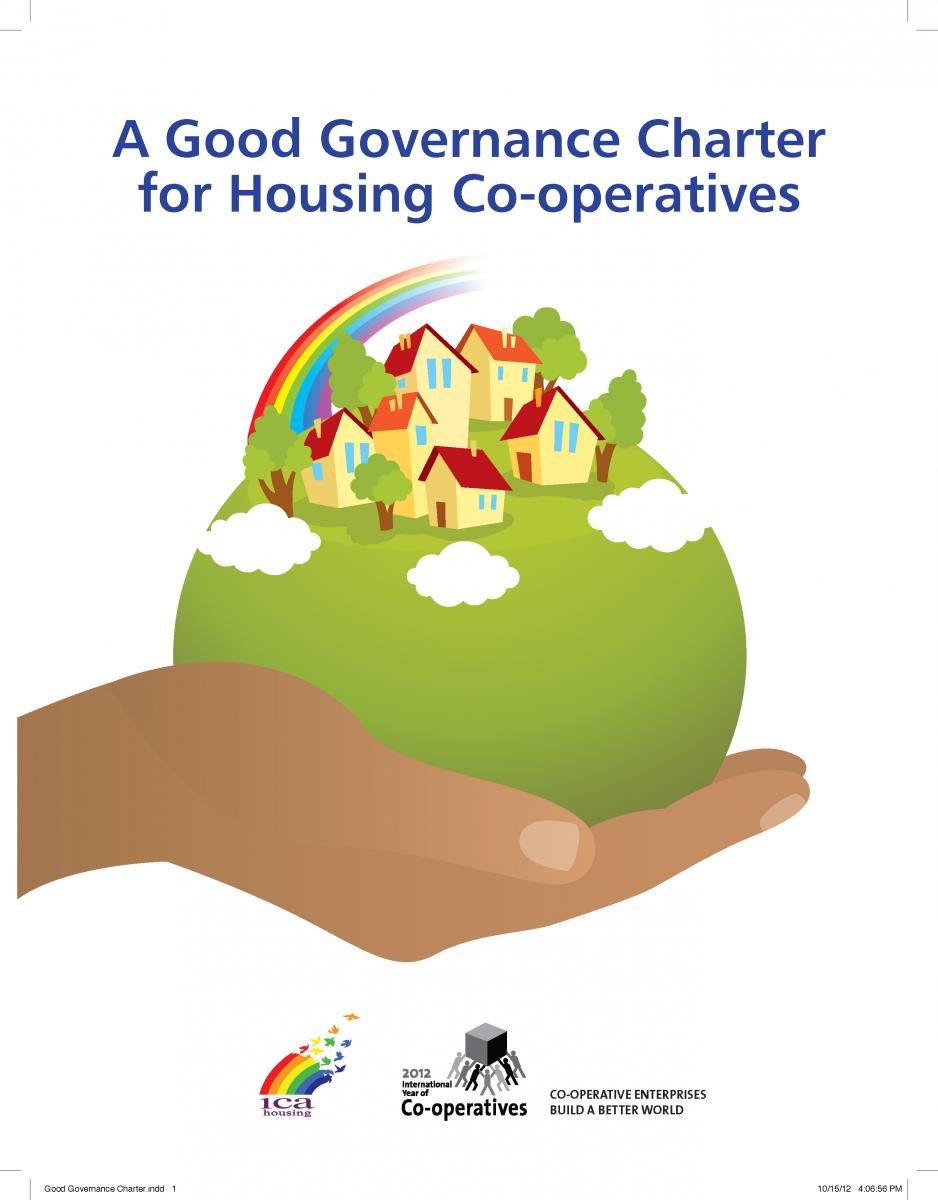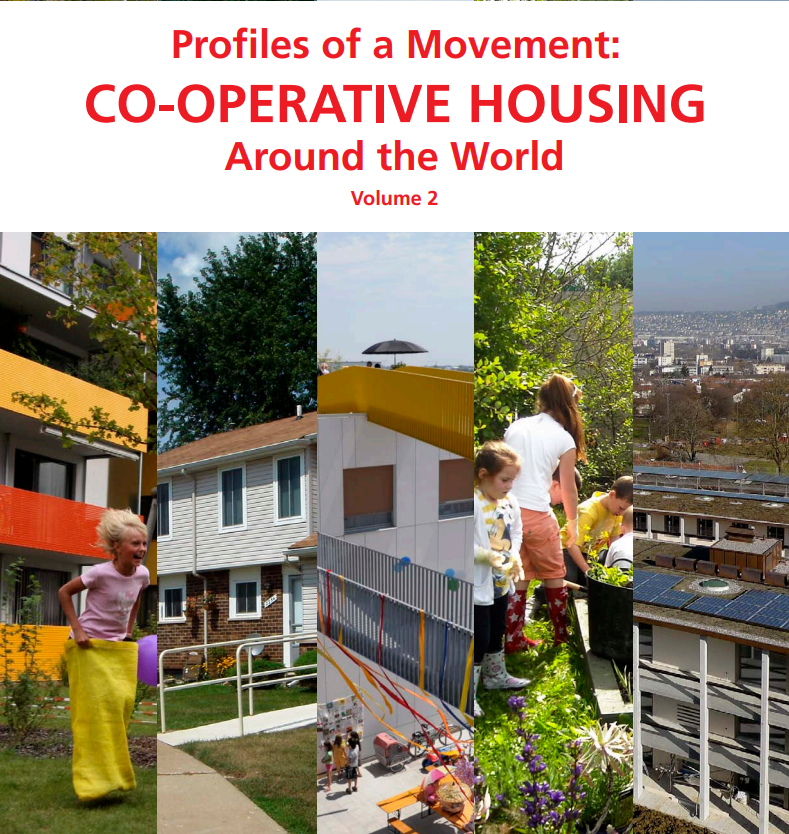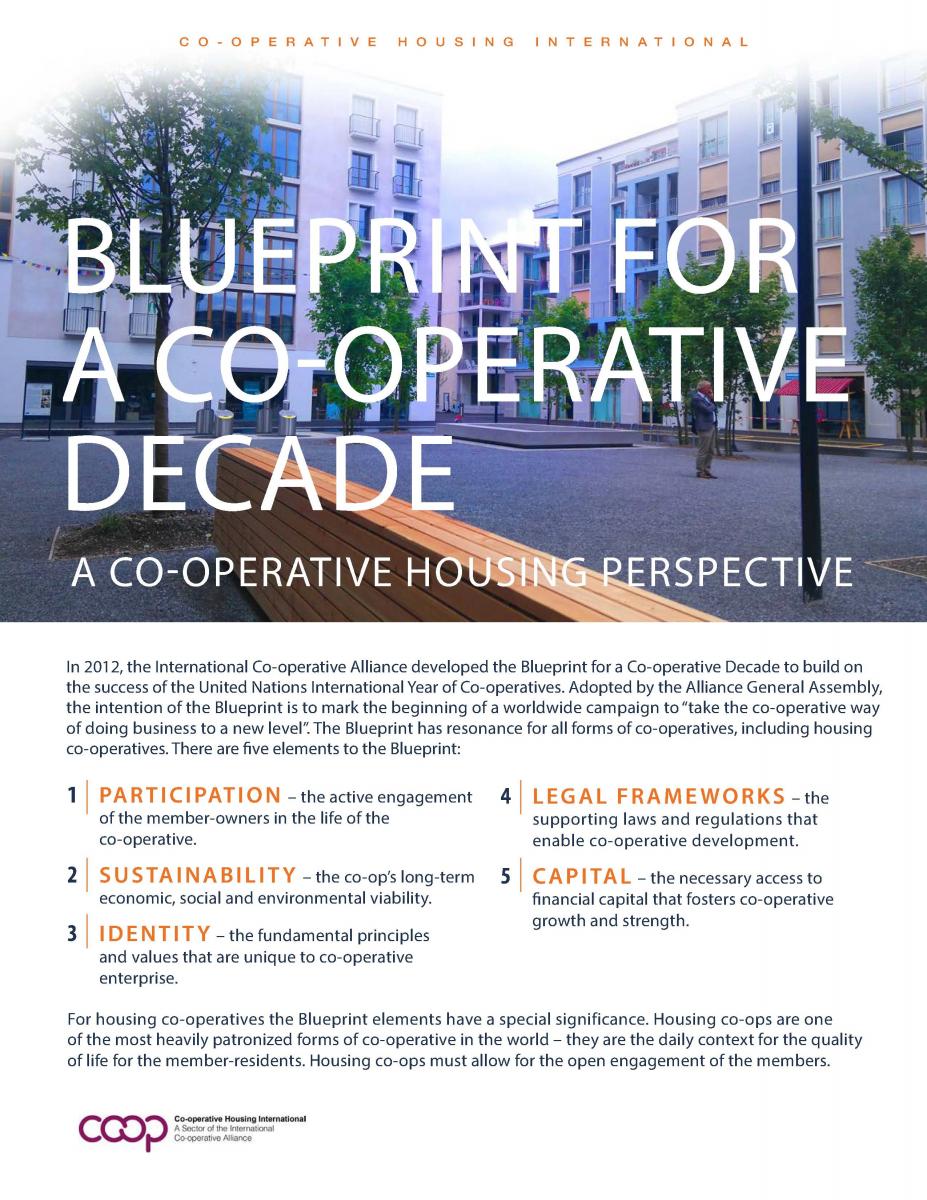About Zimbabwe
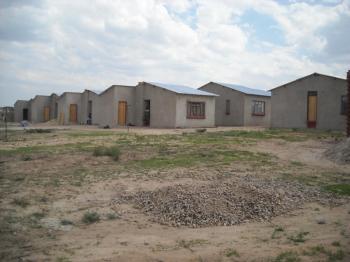
Chako Ndechako Housing Cooperative – Chitungwiza
History and Current State of Cooperative Housing in Zimbabwe
Post-Independence Housing Landscape
When Zimbabwe gained independence in 1980, it inherited a racially segregated and deeply unequal housing system. Black citizens were largely barred from homeownership, and the land was distributed along racial lines in both quality and area. The new government prioritized dismantling discriminatory laws and promoting equitable access to housing. Reforms included repealing laws that had excluded black Zimbabweans from owning property in urban areas.
Early Policy and the Emergence of Cooperatives
The 1983 Transitional National Development Plan recognized housing as a basic need and promoted self-help schemes to address urban housing shortages. Housing cooperatives were included in this strategy but received limited state support. As a result, early cooperative efforts were fragmented and under-resourced.
Types of Cooperatives and Initial Examples
By the late 1980s, two types of housing cooperatives had emerged:
Early examples include Cotton Printers Housing Cooperative (1984) in Bulawayo and Kugarika Kushinga (1986), a community-based co-op that now counts over 2,000 members. Both struggled with land access and administrative hurdles.
Funding, Employer Support, and International Partnerships
Cooperatives were primarily financed through member contributions, often too small to fund housing construction. Employer-backed cooperatives had better outcomes, leveraging payroll deductions and access to credit. The 1987 National Workshop on Construction and Housing Cooperatives paved the way for the formation of Housing People of Zimbabwe (HPZ) in 1992, supported by Rooftops Canada and the Swedish Cooperative Centre (now We Effect). HPZ provided technical assistance and training for nearly two decades before economic collapse and donor withdrawal forced its closure in 2010.
Creation of ZINAHCO and National Coordination
HPZ and partners supported the establishment of the Zimbabwe National Association of Housing Cooperatives (ZINAHCO) in 1993, formally registered in 2001. As the national apex body, ZINAHCO facilitates registration, capacity-building, land acquisition, and material procurement for member co-ops.
State Support and Policy Tools
Key state initiatives included:
-
Land Acquisition Act (1992): Enabled the acquisition of agricultural land for urban expansion
-
National Housing Fund: Offered loans to support low-income homebuilding through the Save for Your Home Scheme
Despite these tools, actual delivery was hampered by inconsistent funding, bureaucratic inefficiencies, and corruption.
International Funding and Its Limits
Foreign aid in the 1980s and early 1990s funded cooperative housing through state institutions. USAID’s Housing Guarantee program allowed early co-ops to access credit through building societies. But reliance on donor funds proved unsustainable, especially when aid flows dried up.
Impact of Economic Crisis (1998–2008)
Hyperinflation, unemployment, and currency collapse gutted savings and stalled construction. Cooperative members defaulted on contributions, and support structures like HPZ’s revolving fund collapsed. Still, Harare City Council acknowledged that housing cooperatives remained among the few functional low-income housing delivery systems during this period.
Context: Urban Shortages and Informal Growth
Persistent Housing Deficit
Zimbabwe has a housing deficit of approximately 2 million units. Around 20 percent of the population lives in overcrowded or inadequate housing. Post-independence migration and ongoing urbanization have outpaced the state’s capacity to provide affordable shelter.
Growth of Informal Settlements and Evictions
Urban poverty remains high, with unemployment peaking at 80 percent in 2005. In the absence of alternatives, informal housing spread rapidly. The 2005 Operation Murambatsvina—a mass eviction and demolition campaign—displaced 700,000 people and deepened the crisis.
Current Challenges for Cooperatives
Three primary obstacles confront housing cooperatives today:
-
Scarcity of affordable, well-located land
-
Inadequate access to affordable finance for low-income earners
-
Rising costs of building materials
Additionally, the long-term impact of the HIV/AIDS epidemic (with prevalence around 14.3 percent) has placed both social and economic burdens on cooperative members and their support systems.
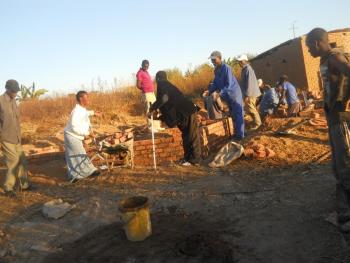
Mushawedu Housing Cooperative, (cooperative composed of people living with disabilities) – Chitungwiza
National Housing Policy (2012) and Cooperative Role
The 2012 National Housing Policy outlines a pro-poor, participatory approach, recognizing the role of community-based organizations, including cooperatives. Section 5:5 focuses on:
-
Land allocation and security of tenure
-
Subsidies for the poor
-
Protection from evictions
-
Access to credit
-
Simplified regulatory processes
-
Budget support for cooperative initiatives
ZINAHCO worked with local authorities to develop operational guidelines that aim to prevent political interference, clarify roles, and create transparent frameworks for land use and dispute resolution through Memoranda of Agreement (MOA).
Shifting from Ownership to Rental
Due to high mortgage interest rates and limited access to formal finance, homeownership has declined, especially in cities. According to Zimbabwe’s national statistics agency:
-
58.5 percent of households are owner-occupied (mostly rural)
-
Only 32.8 percent are owner-occupied in urban areas
-
Lodgers now outnumber homeowners in the country’s two largest cities
The Cooperative Housing Model Today
Structure and Approach
ZINAHCO-affiliated cooperatives typically include 10 to 400 members and operate in urban or peri-urban settings. Characteristics include:
-
Incremental construction (land first, followed by basic shelter, then rooms)
-
Rent-based occupancy until all homes are built
-
Final ownership transfer only after loan repayment and construction completion
-
Use of member labor and hired contractors depending on skill availability
Once construction is complete, co-ops may dissolve or shift toward income-generating activities, as seen in Kugarika Kushinga, which now also operates a transport business.
Training and Compliance
The Registrar of Cooperatives provides mandatory training before registration. ZINAHCO continues education on cooperative management, construction practices, and finance throughout the project life cycle.
Financing Mechanisms
Member Contributions and Enterprise Models
Monthly payments are agreed upon democratically. Members may receive refunds if they resign. Co-ops often supplement housing funds with income from small enterprises or services.
CLIFF Program and Group Lending
Through its partnership with the Community-Led Infrastructure Finance Facility (CLIFF) and Homeless International (UK), ZINAHCO secured group loans for cooperatives, rather than individuals. Key features include:
-
All members share liability for loan repayment
-
Housed members pay higher rents to subsidize the rest
-
All funds are reinvested in completing the project
ZINAHCO also provides training in financial management and construction oversight to reduce risk.
Legal and Institutional Framework
The main legal instruments guiding cooperative housing include:
-
Cooperative Societies Act (Chapter 24:05): Governs formation and operations
-
Cooperative by-laws: Set internal governance and obligations
-
Revised Cooperative Development Policy (2005): Defines national priorities
-
Land Developers Bill: Aimed at improving land management (not yet implemented)
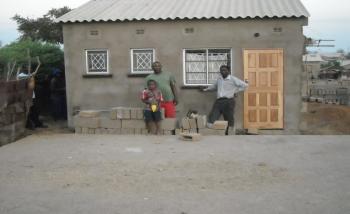
Batonga Housing Cooperative – Kariba
Resources Tagged "Zimbabwe"
The Cooperative Identity — the shared values and principles that unite cooperatives worldwide — is being revisited for the first time in decades. The International Cooperative Alliance (ICA) has released Discussion Draft 2 of ...Read More
Governance Global Study
The International Legal Research and Analysis Initiative (ILRAI) of the International Cooperative Alliance, coordinated by Cooperative Housing International, provides the first comparative legal analysis of cooperative housing fra ...Read More
Legal Global News Article
L'habitat coopératif offre des logements abordables à long terme, gérés par les résidents, avec des avantages sociaux, économiques et environnementaux avérés. Malgré son impact mondial, ce secteur reste méconnu.Read More
Financing and Development Global Report
Explore public policies supporting cooperative housing worldwide in this comprehensive report. Discover how governments and cooperatives collaborate to create sustainable and affordable housing solutions globally.Read More
Research Global Research Paper
The Commission's final report on Cooperative and Mutual Housing (Bringing Democracy Home) highlighted the need for consideration of the role that cooperative and mutual housing could play in the national housing strategy. The Fina ...Read More
Financing and Development Global Report
Par cette publication, nous souhaitons ouvrir le débat sur le logement en tant que droit fondamental et enjeu métropolitain, en mettant en lumière l’expérience de grandes métropoles et dans l’espoir d’inspirer des idées nouvelles pour aborder cet enjeu absolument fondamental de l’urbanisation moderne.Read More
Advocacy Global
In 2000, United Nations (UN) member states recognised the need to build global partnerships for development and the exchange of expertise as one of the Millennium Development Goals. Across the international development field, part ...Read More
Financing and Development Global
New report: The Capital Conundrum for Co-operatives "The Capital Conundrum for Co-operatives", a new report released by the Alliance’s Blue Ribbon Commission explores ideas and options available to co-operatives that need suitab ...Read More
Financing and Development Global
Financing the development of housing co-operatives is a challenge and more so in time of financial restrictions and uncertainty. CHI members discussed the issue during a seminar held in November 2009 in Geneva. Presentations w ...Read More
Financing and Development Global
The Forest Products Annual Market Review 2013 reports that the development of new refinement processes has led to the production of new and more affordable wood based products such as cross-laminated timber (CLT). The report sta ...Read More
Sustainability Global
Updated Guidance Notes on the Co-operative Principles, edited by David Rodgers, former President of Co-operative Housing InternationalRead More
Governance Global
The ILO views cooperatives as important in improving the living and working conditions of women and men globally as well as making essential infrastructure and services available even in areas neglected by the state and investor-driven enterprises. Cooperatives have a proven record of creating and sustaining employment – they provide over 100 million jobs today; they advance the ILO’s Global Employment Agenda and contribute to promoting decent work.Read More
Legal Global
Cooperative housing offers long-term, affordable homes governed by residents, with proven social, economic, and environmental benefits. Despite its global impact, the sector remains under-recognized.Read More
Financing and Development Europe Report
Student housing cooperatives have become very popular in the USA and many of these housing co-operatives are members of organizations such as NASCO. Unlike a resident who acquires shares at market rates to earn the right to occupy ...Read More
Community Global
The Good Governance Charter for Housing Co-operatives was launched at the ICA Housing Plenary in Manchester in November 2012.It has three parts:A 10-point set of good governance practicesAn interpretive statement for each good p ...Read More
Governance Global
This second volume of Housing Co-operative Profiles focuses on African countries, showcasing the ingenuity and commitment of cooperators working under difficult conditions. It offers insights into the legal, financial, and historical contexts of housing co-ops, aiming to inspire broader adoption of the model as a solution to the global housing crisis.Read More
Community Global Report
The Blueprint for a Co-operative Decade is a worldwide campaign to “take the co-operative way of doing business to a new level”. The five key elements of the Blueprint are participation, sustainability, identity, legal frameworks and capital. The Blueprint is particularly relevant to co-operative housing and the Blueprint interpretation for co-operative housing below explains how.Read More
Governance Global

